Minister Nguyen Manh Hung said that if the press follows social networks, it will be left behind, so there must be a difference, which is to return to core values, use digital technology to regain the battlefield, increase the number of readers, and from there, advertising will increase.
Delegate Ta Thi Yen (Dien Bien) raised the issue that in the context of fierce competition between traditional press and the internet, social networks are flooded with false information and fake news, in addition to improving quality and promoting digitalization of press, how should the economic problem of press and the press business model be solved so that traditional press can compete and survive, play a good role as a shock soldier on the cultural and ideological front, contributing to the sustainable development of the country?
The delegate shared that the press economy is an industry that can generate large profits and is the spearhead of many countries. The press and media have become an industry with large-scale production, supported by technology, techniques, and mechanisms and policies of the State.
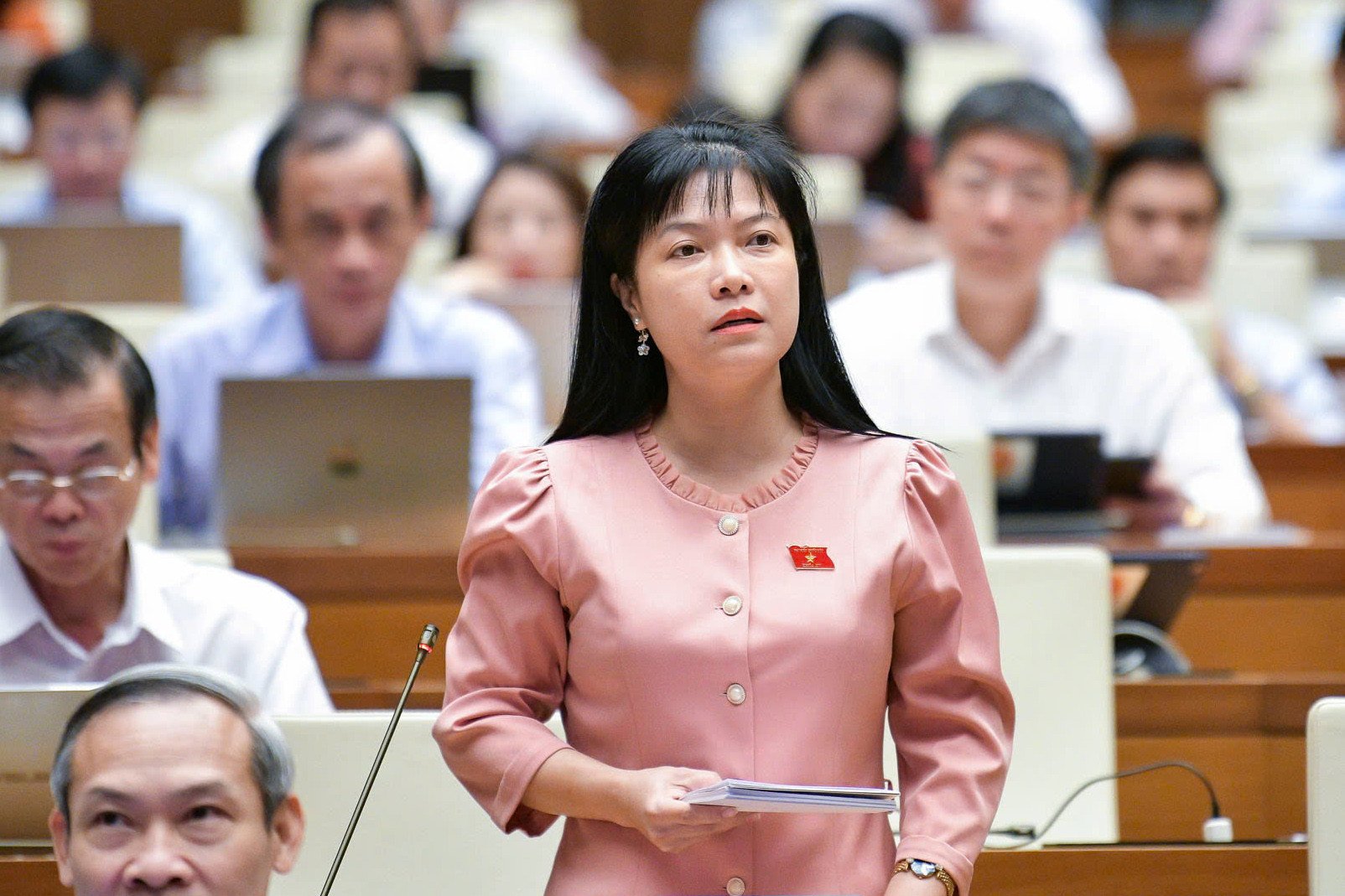
Minister of Information and Communications Nguyen Manh Hung said, "revolutionary press must be nourished by the revolution". Many years ago, when the market economy developed, businesses were forced to advertise to sell products, so they spent a lot of money on advertising. At that time, advertising was mainly in newspapers, and the number of newspapers was not much. Press agencies at that time also wanted to be financially independent, not using the state budget.
But then social networks appeared, accounting for 80% of online advertising while we have many newspapers and magazines (to date 880 agencies), so the revenue of the press, especially financially independent press agencies, has decreased significantly.
Minister Nguyen Manh Hung shared, "How should we respond when the number increases but the revenue decreases?"
In the directive on policy communication issued by the Prime Minister, it is required that ministries, branches, and local authorities at all levels consider communication as their own work. In addition to being proactive, having a plan, having an information dissemination apparatus, having an annual budget for policy communication and using the budget to order newspapers. The Minister said that this is a change, in fact, since last year, agencies and authorities at all levels have begun to increase their budgets for the press.
In the near future, the amendment to the Press Law will also mention press economics, allowing some large press agencies to do business in content, doing business around the media field, but doing business to do journalism.
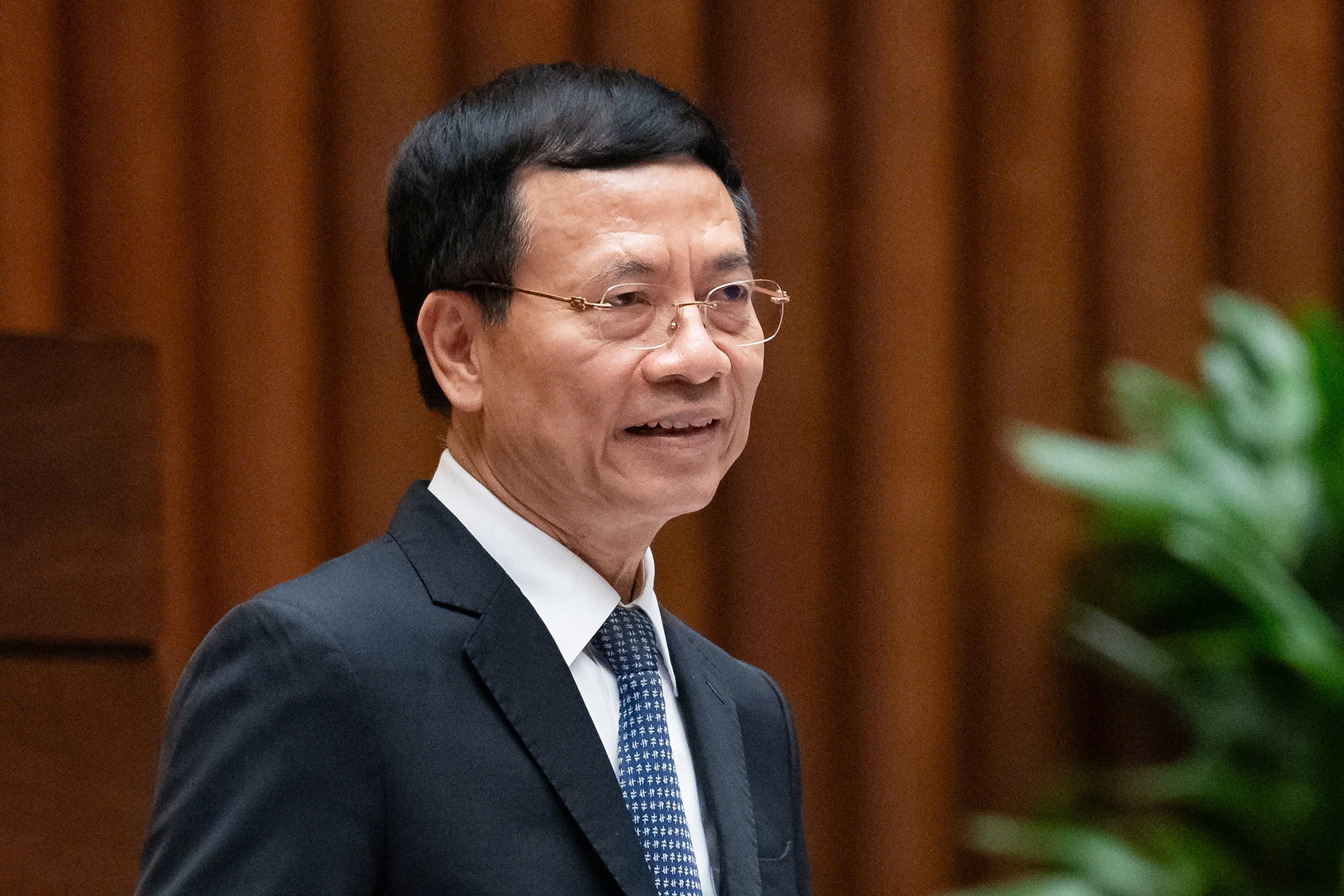
The Minister also noted that if the press follows social networks, it will also be left behind, so there must be a difference in returning to core values, using digital technology to regain the battlefield, increase the number of readers, and from there, advertising will also increase.
In particular, the press planning has a very important content that the state focuses on investing in key areas for 6 key press agencies to become "media forces", with the aim of creating conditions and mechanisms for these agencies. In the near future, the Press Law will be amended in the direction that the Government will build a specific economic mechanism for key press agencies. The Minister hopes that the National Assembly will support this policy.
Debate later on the source of revenue for the press, delegate Do Chi Nghia (Phu Yen) realized that the Minister of Information and Communications is very interested in the press economy. Therefore, the delegate mentioned ways to support press agencies effectively, "why does the revolutionary press have to be nourished by the revolution", the delegate raised the issue.
"The Minister talked about policy communication as an opening for the press to increase revenue. In my opinion, policy communication is the press's job to do effectively, not a source to support the press to survive," the delegate expressed his opinion.
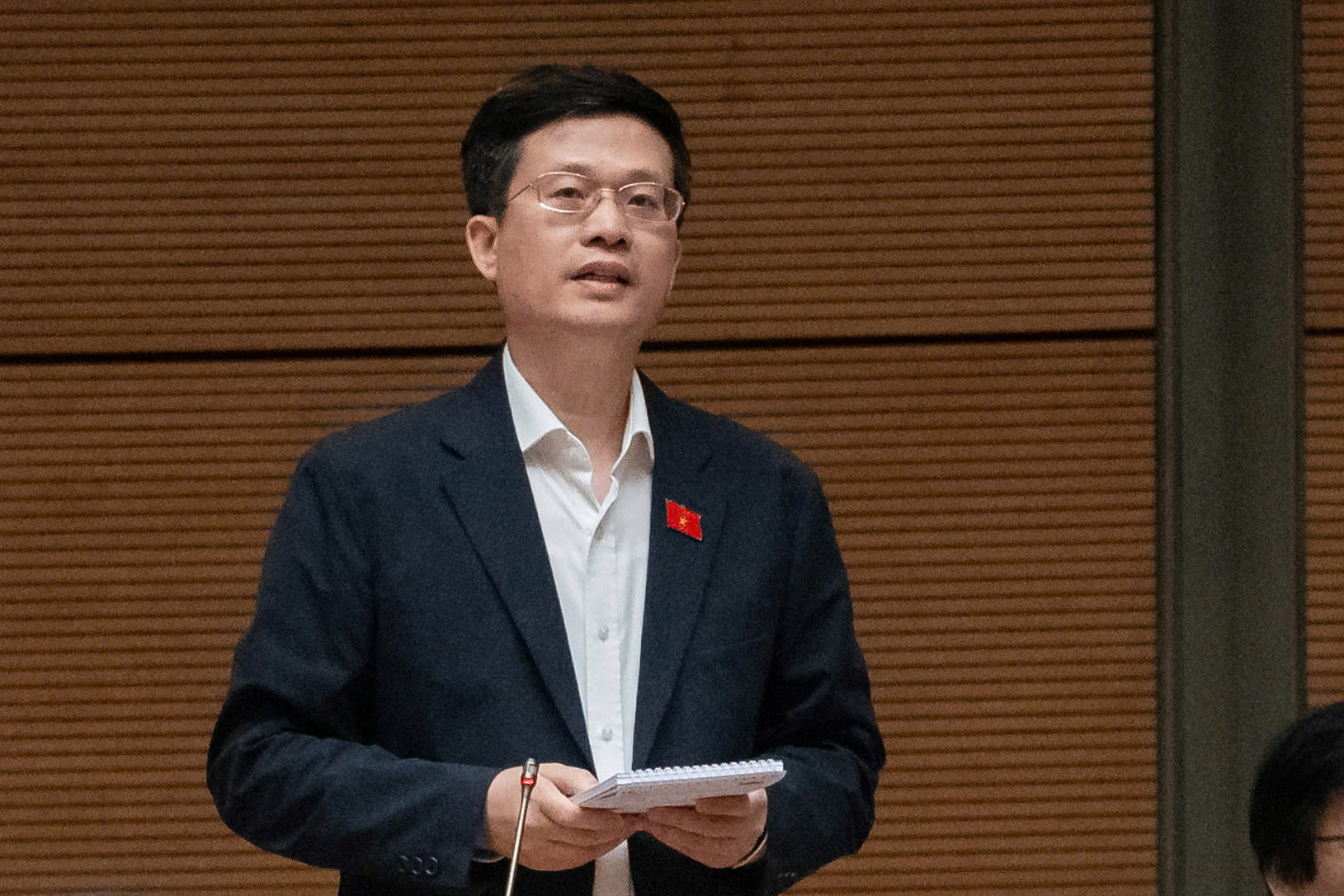
Mr. Nghia said that "if we keep providing funding and budget for some newspapers and consider them revolutionary press so the revolution must support them, it is clear that we are not really concerned with efficiency, and from a certain perspective, we have not looked closely at the internal strength of the bond between the press and the people... Telling the truth will compete with social networks, clearly showing the direction so that the public trusts the press agencies. I do not understand how much budget can be allocated to support the press agencies...".
Regarding the issue of revolutionary press, the Minister said that "in the past, revolutionary press was 100% nourished by the revolution". When the market economy developed, press agencies, in addition to the state budget, also had revenue from advertising.
When social networks appeared, advertising revenue was reduced. Currently, about 30% of press agencies' spending comes from the budget, while 70% is self-funded. Many large and influential press agencies do not have support but rely 100% on the market. The Minister said that whether or not this becomes market journalism is a matter that needs to be considered and cared about.
"When the State does media, does it pay or order press agencies?", the Minister raised the issue and said that if the State supported the entire press agency, it would not have to pay. But currently, many press agencies take care of their own facilities, regular expenses... then it is appropriate for the State to order with an accompanying budget...".
The Minister emphasized that the press needs to rely on both budget and state orders, and also needs to closely follow the market and readers - "walking on two legs" to maintain its position.
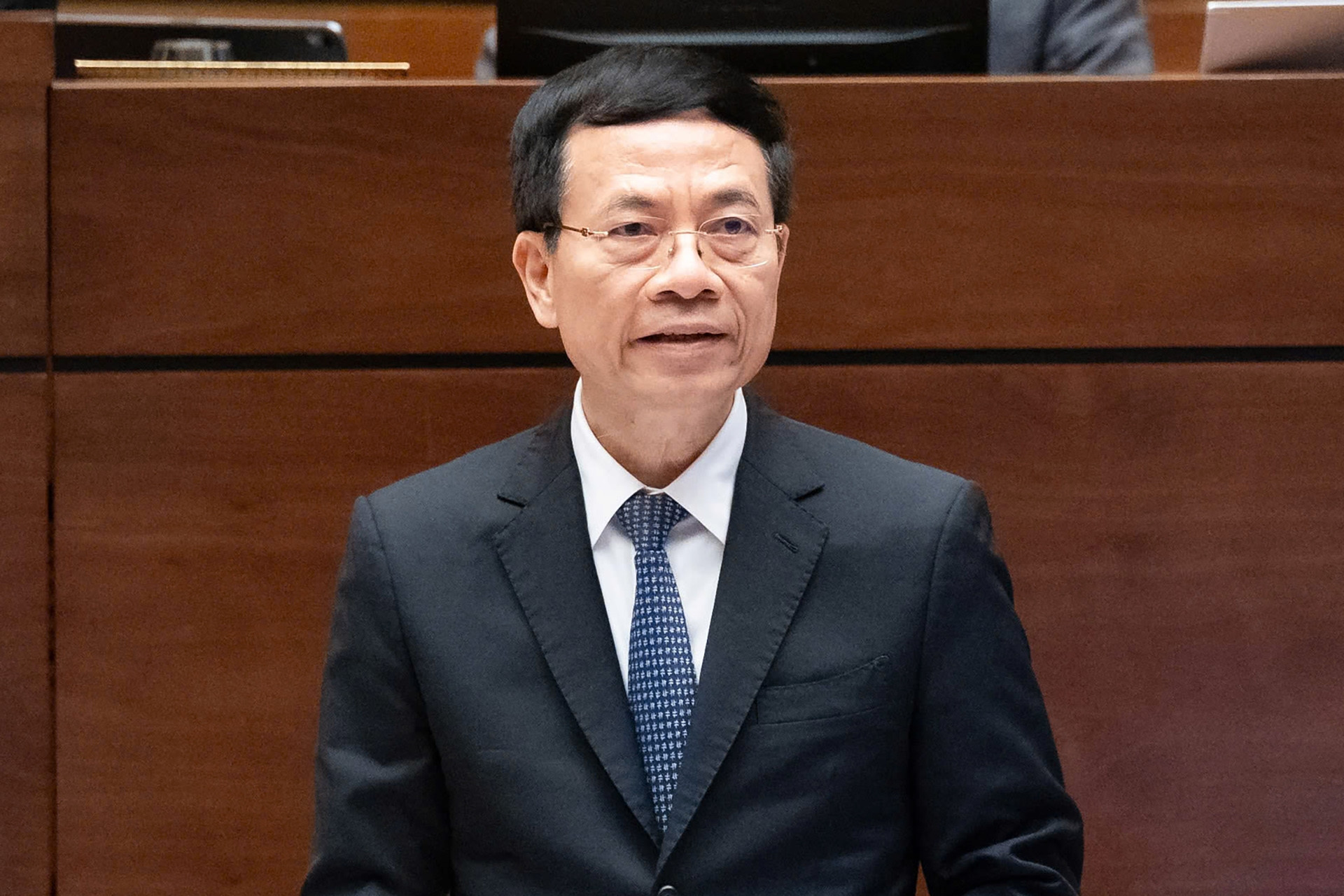
Minister Nguyen Manh Hung: We need to pay attention to the ethics of journalists because this is a special profession.
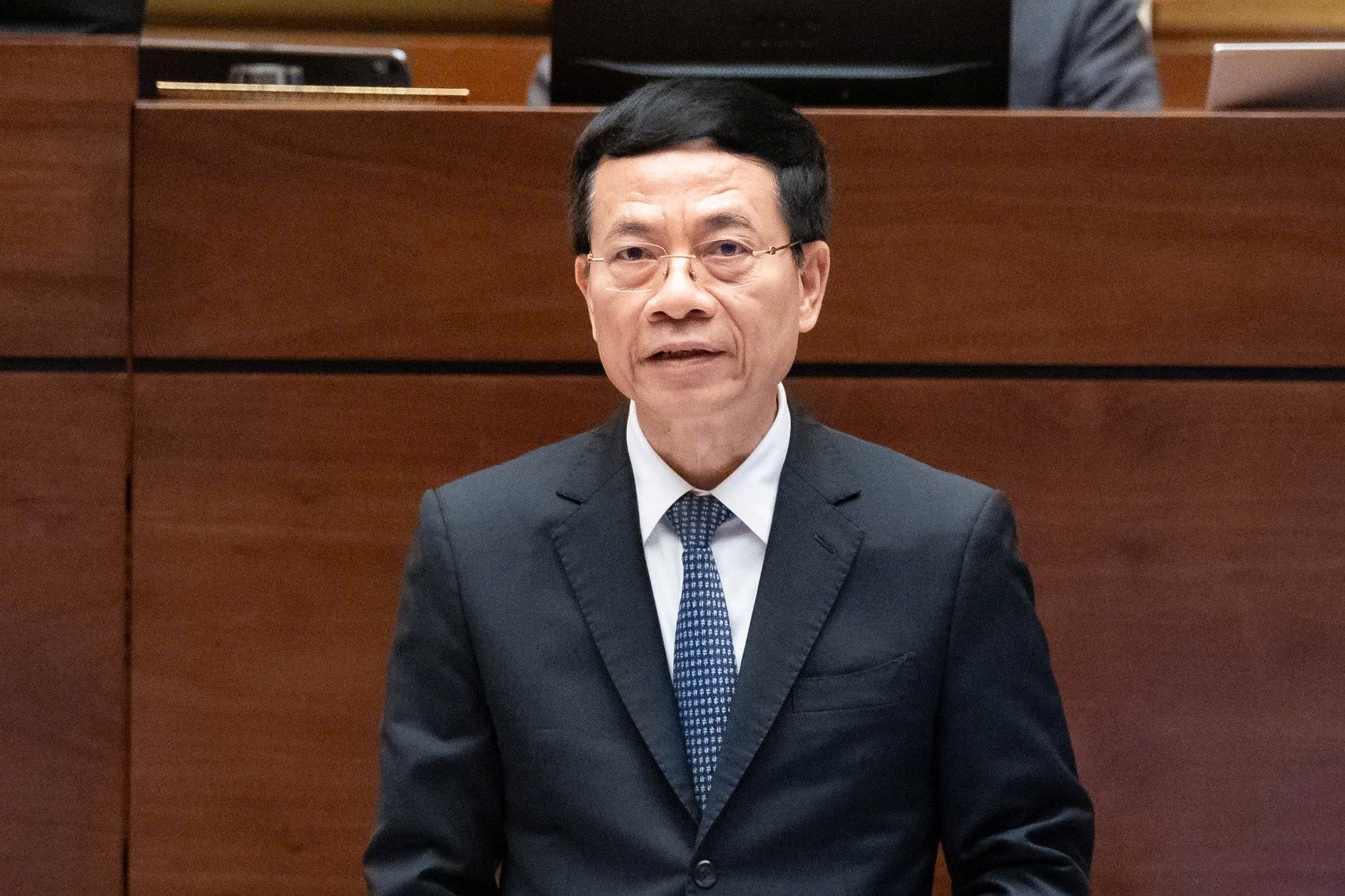
The Information and Communications Industry has a revenue of 150 billion USD, equal to 1/3 of the country's GDP.
Source: https://vietnamnet.vn/bao-chi-dung-cong-nghe-so-va-noi-dung-khac-biet-de-lay-lai-tran-dia-2341185.html


![[Photo] Binh Thuan organizes many special festivals on the occasion of April 30 and May 1](https://vphoto.vietnam.vn/thumb/1200x675/vietnam/resource/IMAGE/2025/5/1/5180af1d979642468ef6a3a9755d8d51)
![[Photo] "Lovely" moments on the 30/4 holiday](https://vphoto.vietnam.vn/thumb/1200x675/vietnam/resource/IMAGE/2025/5/1/26d5d698f36b498287397db9e2f9d16c)


![[Photo] Ha Giang: Many key projects under construction during the holiday season](https://vphoto.vietnam.vn/thumb/1200x675/vietnam/resource/IMAGE/2025/5/1/8b8d87a9bd9b4d279bf5c1f71c030dec)

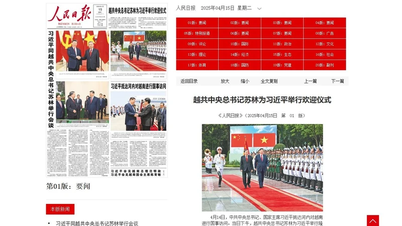

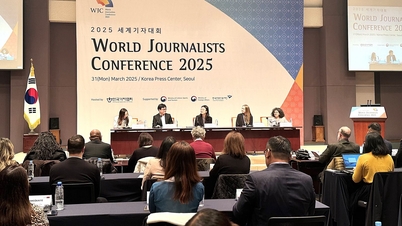






















































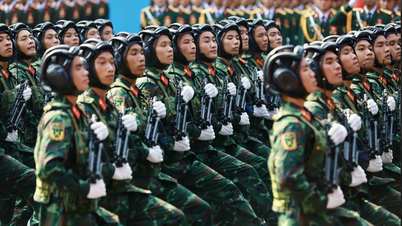













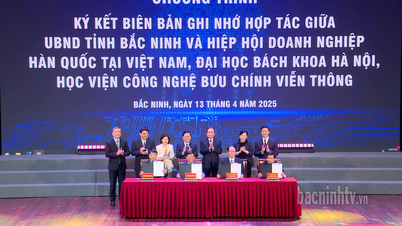



















Comment (0)